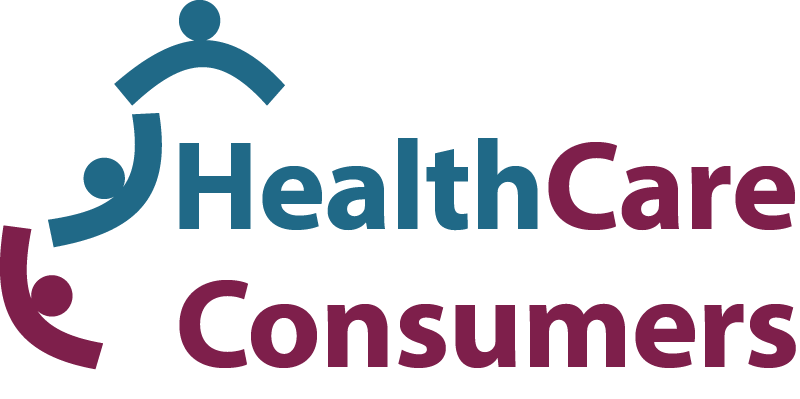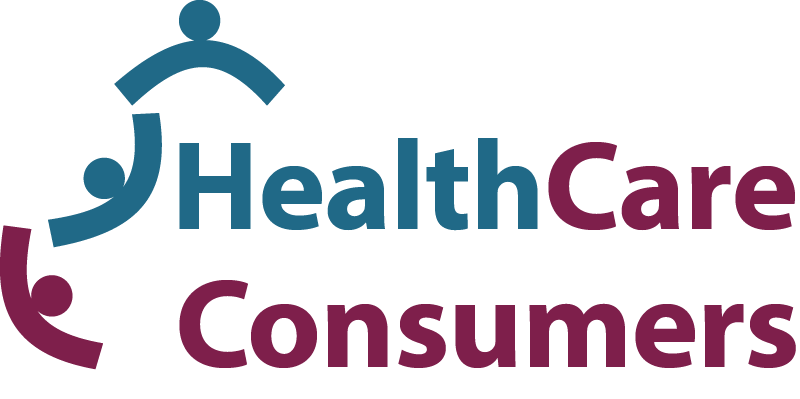Publications
Preventing Overdiagnosis Conference (5-7 December 2019) in Sydney by Karin Calford
2 March 2020
Late last year three HCCA members attended the Preventing Overdiagnosis Conference (5-7 December 2019) in Sydney: Karin Calford, Russell McGowan and Kathryn Briant.
The conference was co-sponsored by the World Health Organization. Wiser Healthcare was a partner organisation and they provided funding to support consumer participation at the conference. Wiser Healthcare is a research collaborative that conducts research that will reduce overdiagnosis and overtreatment in Australia and around the world.
Overdiagnosis happens when people get a diagnosis they don’t need. It can happen when people without symptoms are diagnosed and then treated for a disease that won’t actually cause them any symptoms, and it can happen for people whose symptoms or life experiences are given a diagnostic label which brings them more harm than good.
The program for the conference is available online here.
The keynote presentations are available to watch online here.
Karin Calford has provided reflections on the conference. This is included below:
Michael Shirley is a health consumer who spoke with passion about his experiences of a prostate cancer diagnosis, and probable three-year survival. He declined the offer of an immediate radical prostatectomy, and sought additional information and advice on his particular situation. Over ten years later, he continues to live happily with his large family. His diagnosis did however place a significant toll on his life, and he spoke out to help other men avoid his experiences. (You can watch Michael’s presentation here.
Many in the audience agreed that probably the most powerful session focused on the patient experience of polycystic ovary syndrome – “ I wonder if it would have been better not to know” Polycystic Ovary Syndrome (PCOS) and the potential for overdiagnosis. You can access this talk here.
Tessa Copp’s presentation highlighted the value of qualitative research, where consumer stories and patient experience provided deep, rich insights for her study. In this study, a number of women were incidentally diagnosed with PCOS whilst undergoing other medical managements. Some revealed this ‘accidental’ diagnosis led to uncertainty about their reproductive futures, and associated anxieties.
Multiple studies mentioned show Shared Decision Making between patients and their doctors, and Information Sharing by health professionals with their patients, provide proven benefits. As consumers we need trustworthy evidence on which to make well-informed decisions about our healthcare – both at the individual level and also the broader society/public health level.
Although our doctors may often seem to be in a rush, we should never be afraid of asking questions. There will be times when we need additional trusted and reliable information, especially but not only when there are significant choices to be made regarding treatment and healthcare.
Dr Robyn Lindner spoke about Choosing Wisely, the government initiative providing consumers with five worthwhile questions to ask of their health providers:
- Do I really need this test, treatment or procedure?
- What are the risks?
- Are there simpler, safer options?
- What happens if I don’t do anything?
- What are the costs?
In Conclusion, I left this conference with the sense that it was about so much more than just ‘overdiagnosis’. The underlying messages all revealed the importance of appropriate treatment, and the value of shared decision-making. It is helpful to have consumers provided with patient information at the point of care. This can be additional information to take home, or advice on just where to seek out trusted resources once at home, with time to think and discuss with family.
The majority of attendees hearing these messages at the conference were health professionals, so as consumers we should feel comfortable to ask more questions of our doctors. Increasingly, our health-care providers are expecting us to.

